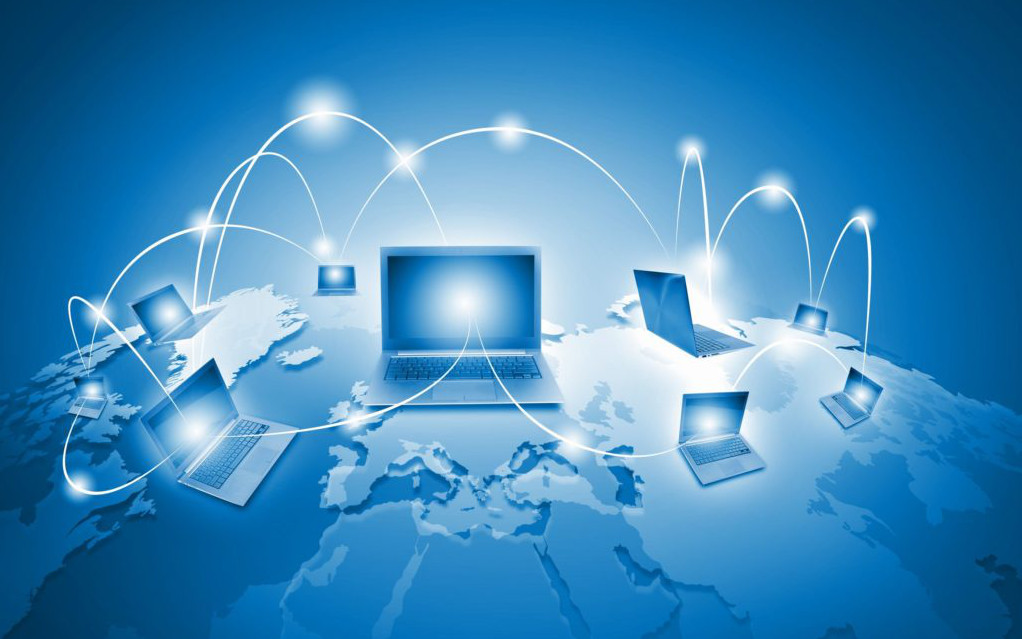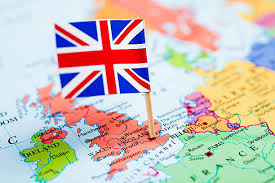How Internet Works | Who Owns The Internet?
Introduction
In the modern world, the internet has become an integral part of our daily lives. We use it for communication, information retrieval, entertainment, and much more. Yet, despite its ubiquity, many people are unclear about how the internet works and who owns it. In this blog, we'll unravel the mysteries behind the functioning of the internet and shed light on the question of ownership.
How the Internet Works
1. The Internet is a Network of Networks:
At its core, the internet is a massive network of interconnected computer networks. These networks can be as small as a local area network (LAN) in your home or office, or they can be as vast as the global network connecting people and devices around the world.
2. Protocols:
The internet relies on a set of rules and protocols that enable devices to communicate with each other. One of the most fundamental protocols is the Internet Protocol (IP), which assigns unique addresses to each device on the network. This ensures that data packets can find their way from the sender to the receiver.
3. Data Packets:
When you send or receive information over the internet, it is broken down into small data packets. These packets contain not only the data but also information about their source, destination, and order. They are then routed through the network to reach their destination.
4. Routers and Switches:
The internet's infrastructure includes routers and switches that play a crucial role in directing data packets. Routers determine the best path for each packet to reach its destination, while switches help transmit data within local networks.
5. Internet Service Providers (ISPs):
ISPs are companies that provide the physical connections to the internet. They connect your devices to the global network through technologies like DSL, cable, fiber-optic, or wireless connections. ISPs are responsible for routing data to and from your devices.
6. Backbone Networks:
The internet's backbone consists of high-capacity fiber-optic cables and data centers that connect major regions and cities. These backbone networks handle large volumes of data traffic and ensure global connectivity.
7. Domain Name System (DNS):
To access websites by name (e.g., www.example.com) instead of IP addresses, the DNS translates human-readable domain names into IP addresses. This system is essential for the user-friendly navigation of the internet.
Who Owns the Internet?
Contrary to what some might think, there isn't a single entity that owns or controls the entire internet. Instead, the internet is a decentralized network composed of countless autonomous entities. Here's a breakdown of the key players:
1. Internet Governance Bodies:
Organizations like ICANN (Internet Corporation for Assigned Names and Numbers) oversee the assignment of domain names and IP addresses. They play a crucial role in coordinating internet resources but do not own or control the internet.
2. Backbone Providers:
Companies like AT&T, Verizon, and Level 3 Communications operate the core infrastructure of the internet, including the fiber-optic cables and data centers. However, they do not own the entire internet, as many ISPs and organizations contribute to this infrastructure.
3. ISPs and Local Networks:
Internet Service Providers are responsible for providing access to the internet for end-users. These companies own and operate the last-mile connections, such as cable and DSL lines, that connect your home or business to the internet.
4. Individuals and Organizations:
The content on the internet, including websites, social media platforms, and online services, is created and owned by individuals, businesses, governments, and organizations. They are responsible for the websites and services you interact with daily.
Conclusion
The internet is a complex, decentralized network of networks that relies on a combination of protocols, infrastructure, and autonomous entities to function. While there are governing bodies that oversee aspects of its operation, there is no single entity that owns or controls the internet as a whole. Instead, it is a collaborative effort involving countless organizations and individuals to ensure its continued growth and accessibility, making it a truly global and shared resource. Understanding how the internet works and its distributed ownership helps demystify this critical part of our modern world.





Comments
Post a Comment